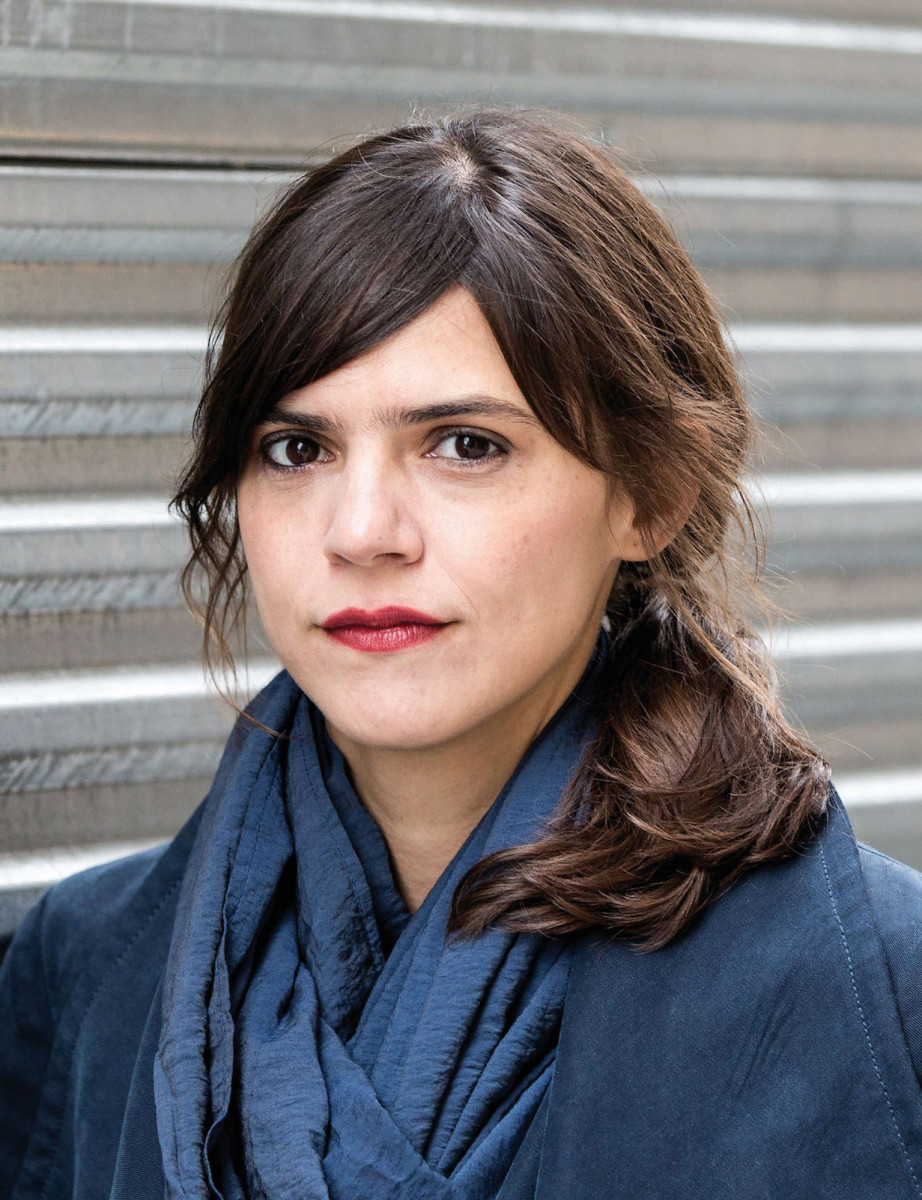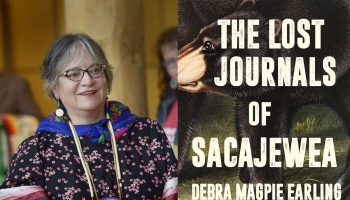

Editor’s Note: Chautauqua Literary Arts has postponed Valeria Luiselli’s Chautauqua Literary and Scientific Circle presentation for her book, Lost Children Archive, due to travel cancelations tied to severe weather Wednesday night and this morning. Luiselli’s presentation will be rescheduled for a date to-be-determined later this season.
Valeria Luiselli began writing this week’s Chautauqua Literary and Scientific Circle selection — and her first novel in English — Lost Children Archive in 2014. It was published in 2019, and garnered the Carnegie Medal for Excellence in Fiction, but Luiselli had to take a step back from the book, instead focusing on 2018’s nonfiction Tell Me How It Ends: An Essay in 40 Questions.
Luiselli was born in Mexico, and grew up in Costa Rica, South Korea, South Africa and India; she was volunteering as an interpreter for child immigrants looking for refuge in the United States at the time she was working on both Tell Me How It Ends and Lost Children Archive, and she realized something.
Luiselli was using the novel as a vehicle for her own political rage, she told The Guardian in 2019, to express what she was experiencing — but that it wasn’t working. She said “fiction needs to breathe,” and began writing Tell Me How It Ends as a tool to speak about immigration and the Mexican border.
“I had also been talking to children in court for a very long time,” Luiselli said in an interview at Powell’s City of Books in 2019. “I had been translating their immigration stories, interviewing them in order to find lawyers that would defend them from deportation.”
Once she looked at the bigger picture and gave it some time, Lost Children Archive began coming to life, and it’s this book she’ll read from and discuss at 3:30 p.m. today in the Hall of Philosophy.
“The genesis of the novel was the refugee crisis, as well, but the question that was lingering in my head at that moment was not only related to the children and the border but to childhood in general,” Luiselli said at Powell’s. “How do children in this country make sense of the narrative both current and past? How do they put them together in their heads and make sense of the world that they’re going to walk into? I’ve been surrounded by children’s imaginations and stories for a very long time in a very deep way, but these particular kinds of stories, as well.”
Lost Children Archive explores the relationship between a mother, a father, and their dwindling marriage as they travel from New York to Arizona with their two children. The children can feel this fissure between their parents grow as the time passes, and try to make sense of it through songs, maps and a Polaroid camera — and through the stories they hear from their mother about immigrant children who are detained or lost while trying to cross the border into the United States.
“This book plays with not only genre in the sense of fiction, but also in the sense of it’s shaped like an archive — each section is termed a box number and the reader gets an idea of what’s contained within each box,” said Manager of Literary Arts Stephine Hunt. “(It also plays with genre) with the generic idea of an American road trip novel.”
Luiselli is the recipient of a 2019 MacArthur Fellowship, has been a National Book Foundation “5 Under 35” honoree, and received the Bearing Witness Fellowship from the Art for Justice Fund. Her work has been published in over 30 languages, and she is currently a professor at Bard College.
“(Lost Children Archive is) one of the most impactful novels I’ve read in the past five to six years of my life,” said Hunt. “I’m thrilled that it’s something that’s going to be shared with the Chautauqua audience and that we’re going to have Valeria Luiselli’s brilliance and knowledge of the immigration system to back up her discussion of this book, as well.”




